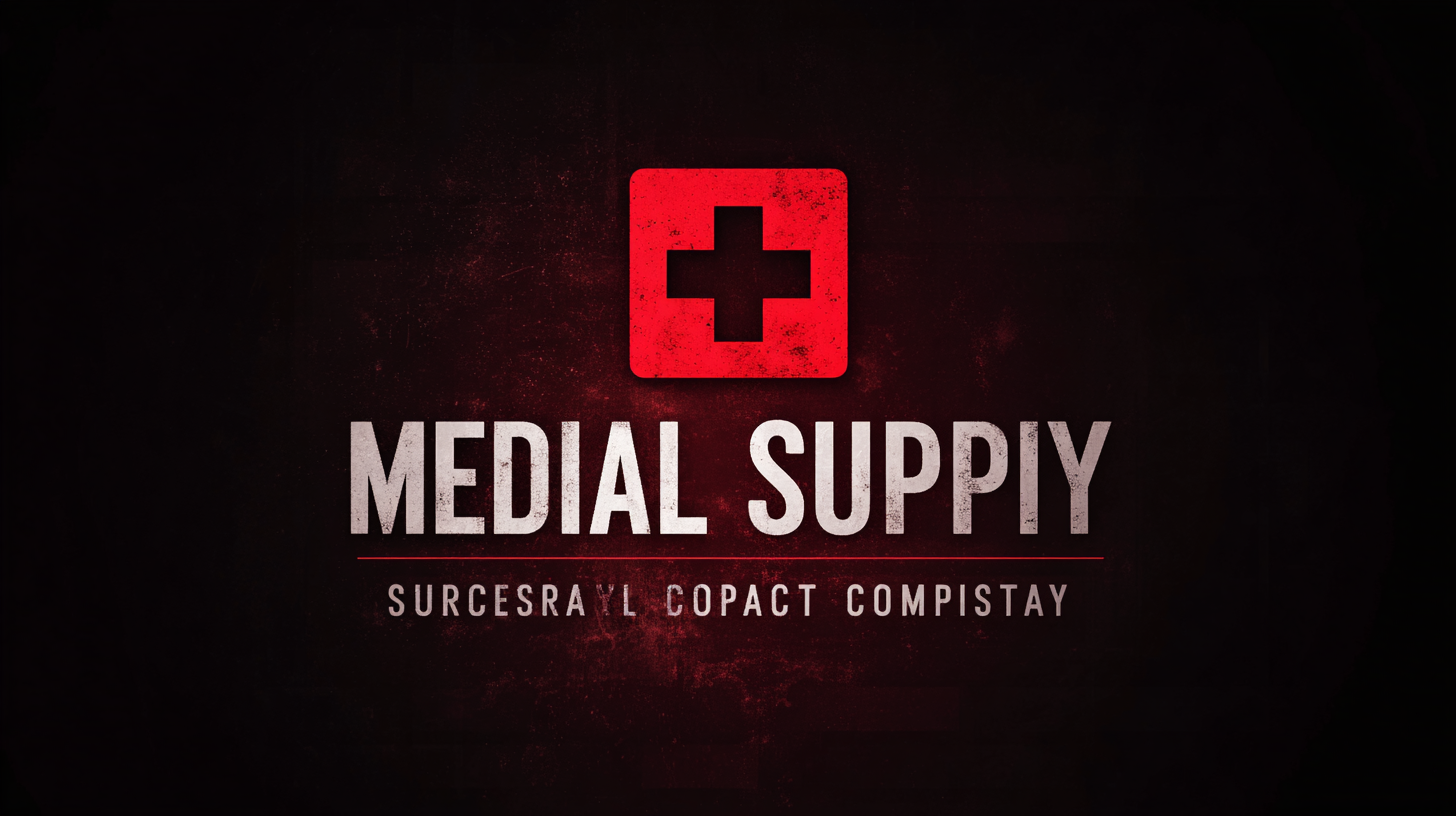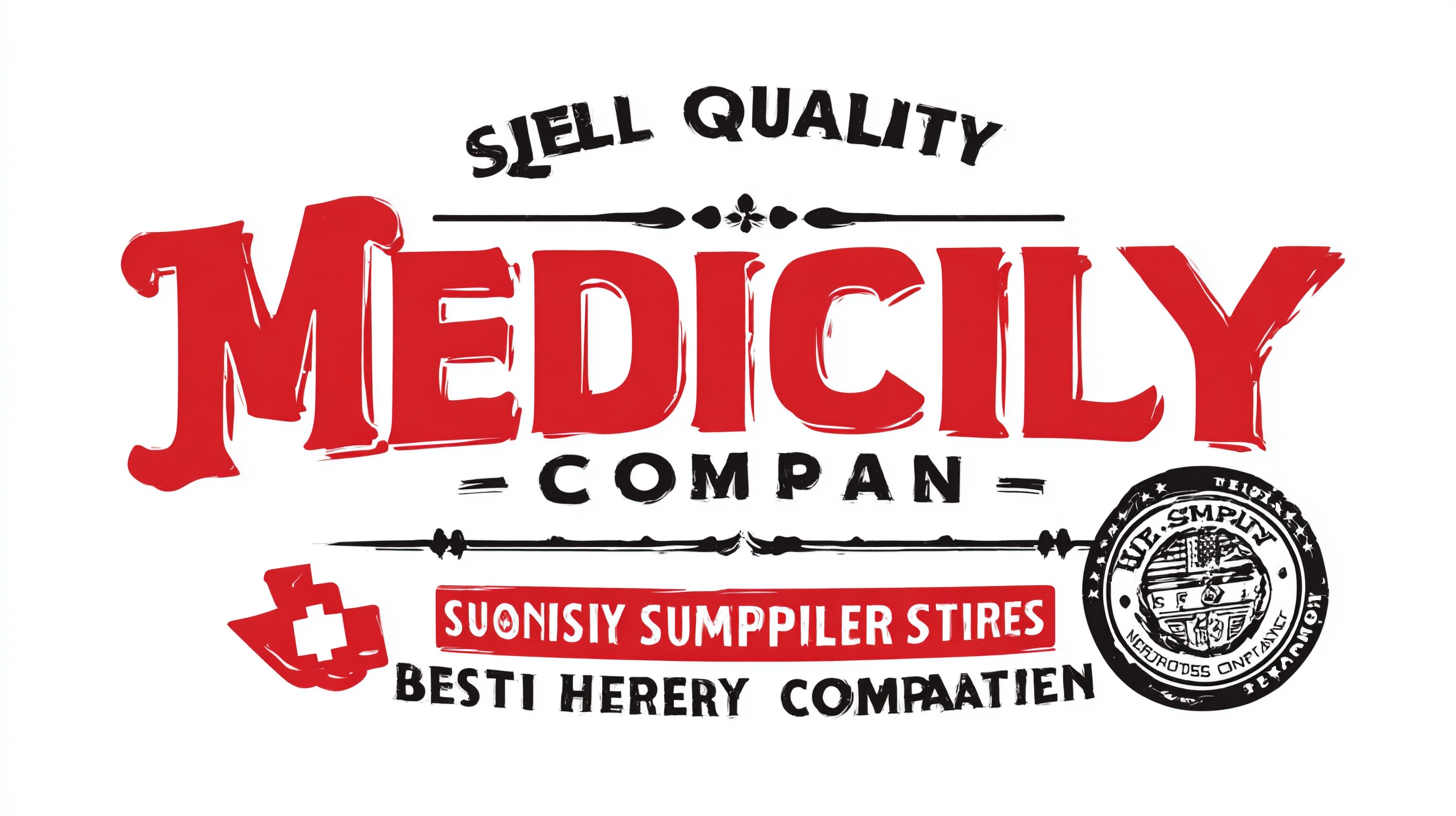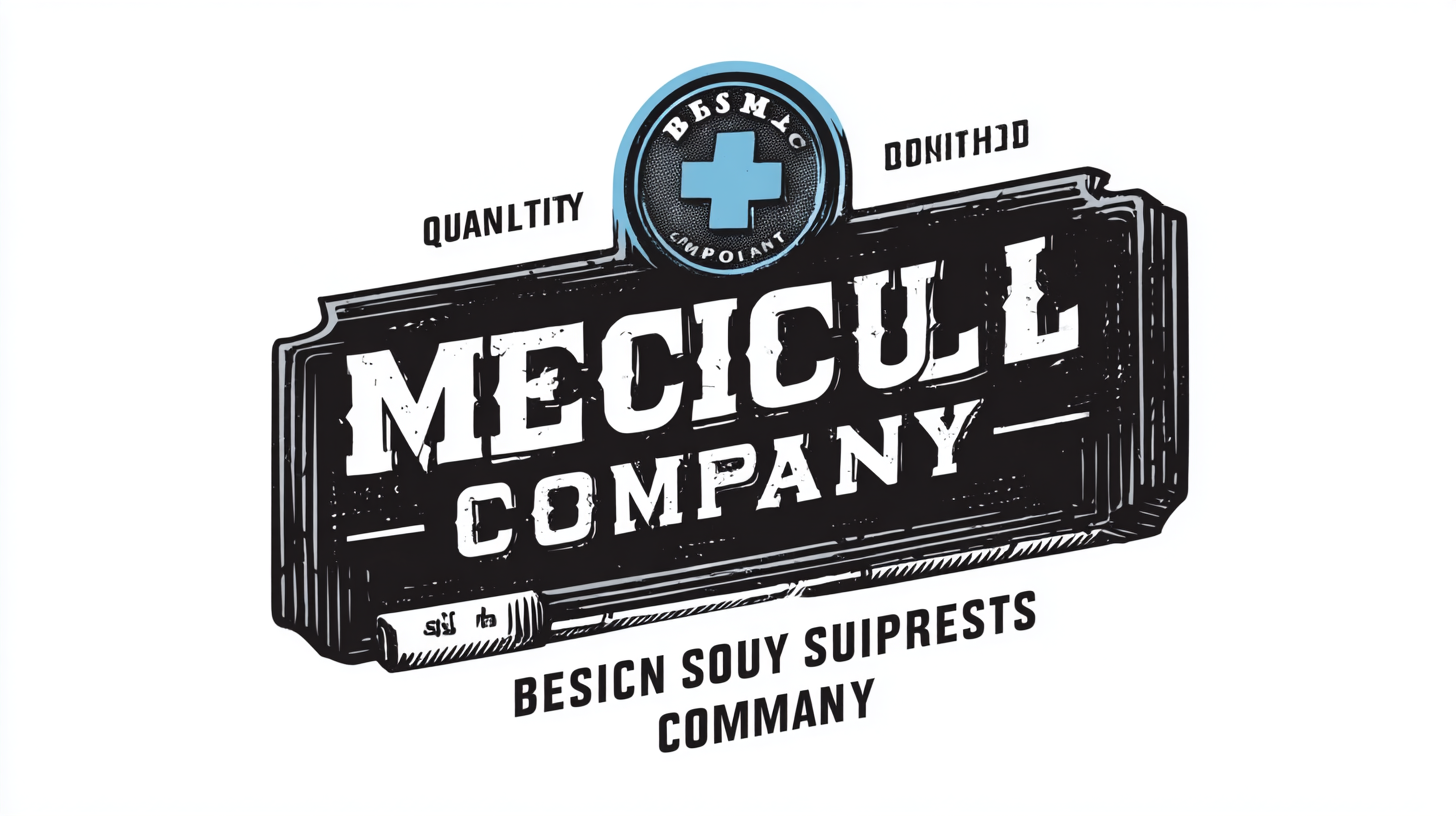Discovering Quality Suppliers for Best Medical Supply Company Essential Strategies Unveiled
In the ever-evolving landscape of healthcare, the role of a reliable Medical Supply Company cannot be overstated. According to a recent report by Market Research Future, the global medical supplies market is expected to reach $131 billion by 2025, witnessing a compound annual growth rate (CAGR) of 7.6%. As healthcare demands continue to rise, driven by an aging population and the increasing prevalence of chronic diseases, the need for quality suppliers becomes critical for ensuring that medical professionals are equipped with the essential tools they need.

This blog will unveil essential strategies for discovering quality suppliers, offering insights that can help healthcare providers and administrators navigate the complexities of procurement in a competitive market, ultimately contributing to better patient care and operational efficiency.
Identifying Key Performance Indicators for Quality Medical Suppliers
Identifying the right key performance indicators (KPIs) is crucial for evaluating the quality of medical suppliers. When assessing potential suppliers, companies should consider KPIs like delivery reliability, product defect rates, and customer satisfaction scores. These metrics provide insights into a supplier’s operational efficiency and ability to meet quality standards. For instance, tracking delivery reliability can help ensure that critical medical supplies arrive on time, which is essential for maintaining healthcare services.
Another important KPI is the compliance rate with regulatory standards. Medical supplies must meet stringent safety and quality regulations, and a supplier’s history of compliance can signal their commitment to quality. Additionally, monitoring the responsiveness to issues and concerns is imperative, as it reflects a supplier's customer service and willingness to support their partners. By focusing on these KPIs, medical supply companies can make informed decisions and build relationships with suppliers that prioritize quality and reliability.

Assessing Compliance with International Medical Device Regulations
Understanding the compliance landscape for medical devices is crucial for any supply company aiming to succeed in the industry. With regulatory bodies tightening their grip on oversight, adhering to international medical device regulations has become more critical than ever. Recent changes in the United States and European Union highlight a shift towards accelerated approval pathways, which are designed to bring innovative technologies to market more efficiently. However, these pathways come with the necessity for rigorous compliance, particularly regarding cybersecurity protocols established by the FDA. As companies adapt to these stringent regulations, maintaining compliance is no longer just an operational necessity—it's a strategic imperative.
Furthermore, the emergence of artificial intelligence and machine learning in medical devices presents unique regulatory challenges. Tools like the CORE-MD clinical risk score have been developed to evaluate the regulatory landscape surrounding AI-enabled medical devices, ensuring they have valid clinical associations. As the demand for digital medical devices grows, harmonizing assessment and reimbursement processes within the EU becomes vital. Companies must also be aware of the specific requirements for software as a medical device, as these can differ significantly between jurisdictions. By staying ahead of these evolving regulations, supply companies can position themselves as trustworthy partners in bringing innovative medical solutions to market.
Evaluating the Cost-Effectiveness of Medical Supply Partnerships
In the pursuit of establishing successful partnerships for medical supply companies, evaluating cost-effectiveness is crucial. Every dollar saved through strategic negotiations or selecting the right suppliers can significantly impact your bottom line. First, assess your current supplier contracts to identify any potential areas for cost reduction. This may include renegotiating terms or consolidating orders to achieve bulk pricing discounts.
**Tip:** Consider implementing a Supplier Performance Evaluation (SPE) system. This method tracks the efficiency and reliability of your suppliers based on critical metrics such as delivery times, product quality, and customer support. A clear understanding of supplier performance can inform decision-making when seeking to optimize costs.
Moreover, it's essential to engage in thorough market research. This enables you to compare pricing structures, service offerings, and the overall reliability of various suppliers. Identify trends in the industry that can aid you in making informed decisions that not only align with your budget but also enhance service delivery.
**Tip:** Leverage technology platforms that offer real-time data analytics to forecast needs accurately. These tools can help streamline purchasing processes and minimize overstock or stockouts, ultimately leading to more efficient spending and better partnership outcomes.
Leveraging Technology to Enhance Supplier Quality Management
In today's fast-paced medical supply industry, leveraging technology to enhance supplier quality management is crucial. According to a report by McKinsey & Company, companies that implement advanced analytics for supplier evaluation can improve their quality control processes by up to 80%. This shift not only minimizes risks associated with low-quality supplies but also boosts overall operational efficiency. Utilizing technology such as AI-driven data analytics enables businesses to identify potential supplier issues before they escalate, ensuring that high standards are consistently met.
Furthermore, integrating blockchain technology into the supply chain can significantly enhance transparency and traceability. A study by Deloitte emphasizes that 58% of organizations in the healthcare sector believe that blockchain can solve supply chain challenges by providing an immutable record of transactions. This technology empowers medical supply companies to maintain high-quality standards while fostering trust with their suppliers.
As companies embrace these technological advancements, they can streamline their quality management processes and ensure they are partnering with the best suppliers in the industry, ultimately leading to better patient outcomes.
Building Long-Term Relationships with Suppliers in the Medical Industry
Building long-term relationships with suppliers in the medical industry is critical for ensuring the reliability and quality of medical supplies. According to a report by the Deloitte Insights, strategic supplier collaboration can lead to a 20% reduction in costs and improved innovation opportunities, which is essential in an industry where timely delivery and compliance with regulations are paramount. Establishing these partnerships requires an understanding of each supplier's capabilities and potential for growth, as well as aligning corporate values and business objectives.

Moreover, maintaining open lines of communication can foster trust and transparency, which are vital in the medical field. Research from the Healthcare Supply Chain Association indicates that organizations with strong supplier relationships experience 30% fewer supply chain disruptions than those that do not prioritize these connections. Regular meetings, joint training sessions, and performance assessments can reinforce these relationships, ensuring both parties remain aligned with industry standards and healthcare needs. As the medical landscape continues to evolve, proactive engagement with suppliers will not only secure the supply chain but also enhance patient care through high-quality products.
